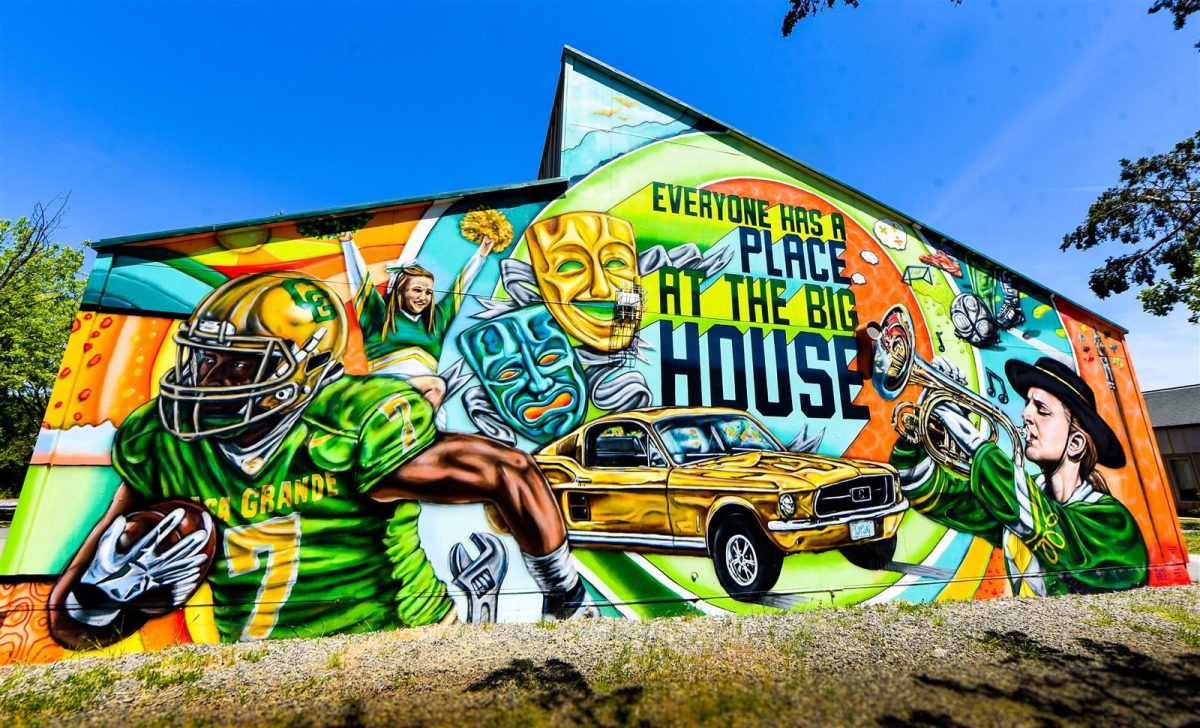Benefits and Consequences of a Developing Age
Technology has been developing at an astonishing rate as this generation of innovators is now growing up alongside highly advanced devices right at their fingertips. Whether it is in the creation of the newly updated iPhone or improvements in the accessibility of internet across the world, the human desire to strive for more is never sufficed as another mind takes the next step toward perfection. Unfortunately, these improvements are beginning to create a greater distance between developed and developing countries. As urbanized cities expand and prosper with their technological advancements, the standards of living increase alongside it. Income inequality in San Francisco — arguably one of the most flourishing and innovative cities in the world — is among the widest in the nation. In this innovative city full of wealth and opportunities, the homeless crisis has not been improving, and jobs such as teachers and line cooks no longer provide sufficient income to match the astonishing cost of housing. Freshmen Rachel Gauer comments on the difficulties and struggles of living in the Bay area.
“It’s only the lucky people who really get to live around here. Most people can’t afford to buy a house; they have to rent or live in small places, and it’s more and more common because this is a very expensive place to live,” said Gauer.
As the co-founder of the company Thumbtack, Inc. Jonathan Swanson believes humans are currently living in cities equivalent to flip phones. As the gap widens between how society functions and how innovators and engineers believe cities should function, many begin to question the possibility of these innovators creating not only smartphones but smart cities. While urban planners may be quick to brush off the idea, it is true that many valued possessions or the structured cities people live in were once part of someone’s imagination. However, despite multiple cities developing rapidly and efficiently, there are still several other countries that have not caught up in the area of technology and are in need of guidance and resources. Innovators such as Elon Musk, co-founder, CEO, and product architect of Tesla, as well as CEO of SpaceX and Neuralink, are expanding their creative minds outside the advancements within well-off and prosperous countries to those within countries experiencing devastation or extreme obstacles. These places are being assisted for relief but also being set as experiments for their newly created technology. Freshman Bethlehem Messele speaks on this issue of an economic gap between countries and even places within a country as she discusses her experience in Ethiopia, Africa.
“I’m actually Ethiopian, and I feel like there are many places in the capitol [Addis Ababa] that are very flourishing. That’s the thing about third-world countries; you’re always going to have that top 10% that holds all of the country’s money and that is where the corruption comes in. But in some places, you can see the poverty, even in the capital city,” said Messele.
Another issue of great concern is a need to find even more alternatives to fossil fuels and other resources that are depleting in the world. The environment is experiencing shortages in sustainabilities, so the real focus of young innovators need not be solely toward the advancing of a past product, but toward the improvement of developing countries as well as the environment.
Gauer speaks toward the environmental concerns regarding technology.
“I think the big cities, they want to keep the air clean, they want to do all that, but they want to save money so they are always going to be burning coal doing and stuff that doesn’t help the environment,” said Gauer.
Aside from Tesla taking impressive strides in this age of technology, recently, Amazon opened a cashier-less convenience store, known as Amazon Go, in downtown Seattle. By using only a smartphone and an app, consumers are now able to walk in and out of a store without bringing their wallets. Gauer further shares her opinion on the number of advancements in products such as Amazon’s cashier-less stores and Tesla’s self-driving cars.
“I don’t know if it is necessary. It’s sort of replacing something that everyone has been doing forever. It’s like having a machine pick up a spoon or fork for you when you’re eating. It’s stuff people can do,” said Gauer.
Messele recognizes an effort being made by the United States in attempt to help developing countries while stating the faults in the country’s way of giving money to those in need.
“I truly think that we should help the other countries because you can’t really advance the whole world when you always have that part that isn’t advancing. The U.S. and many other countries really do give a lot of money to third-world countries, like counting by the millions. Except, the people who they’re giving it to, the government, is corrupted, and they can’t distribute that to the people. I think the equality comes in when you’re speaking about giving it to the right people and having that equal standard within the majority of the population,” said Messele.

